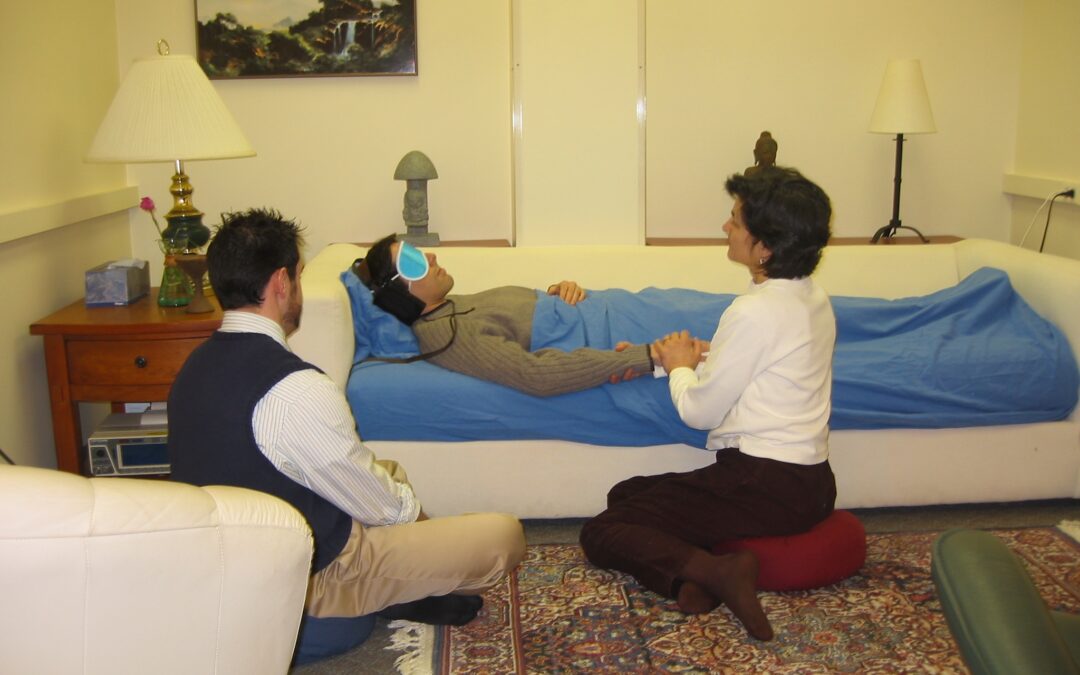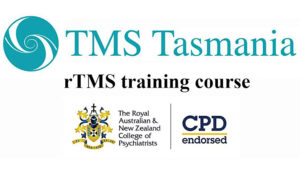Introduction:
The National Association of Practising Psychiatrists (NAPP) has formulated preliminary views on the implementation of psychedelic assisted therapy as a potential treatment for conditions such as PTSD and treatment-resistant depression with psilocybin and MDMA. The bedrock principle guiding these views is ‘first do no harm’. These views aim to establish a set of guidelines or “guardrails” to ensure the safe and effective provision of this therapy. The following points will be useful for further discussions on the matter.
- Suitability Assessment: Psychedelic assisted therapy should only be considered after a thorough assessment by the treating psychiatrist, who must determine its appropriateness for the patient’s condition and needs.
- Formal Referral: A formal referral from the treating psychiatrist to the psychedelic psychotherapy team should be required. This ensures clear communication and collaboration between healthcare professionals involved in the patient’s care.
- Qualified Treating Team: The psychedelic psychotherapy team should include a psychiatrist responsible for prescribing psychedelics and providing or supervising the accompanying psychotherapy. This ensures medical expertise and supervision throughout the treatment process. The form of therapy provided in the treatment sessions must come from established psychotherapy models.
- Training and Experience: Both the psychiatrist and the clinical members of the treatment team must have received suitable training. The specific criteria for “adequate” training and experience need to be further defined and may be subject to debate. The Royal Australian and New Zealand College of Psychiatrists (RANZCP) is encouraged to provide a training program, or alternatively, specify acceptable and certified training programs offered by third parties. Requiring practical experience in clinical trials may be too restrictive for psychiatrists, but it is worth considering the inclusion of non-medical professionals, such as social workers and psychotherapists, in specific aspects of the treatment.
- Referral and Follow-up: A formal referral and discharge summary should be provided from the psychedelic psychotherapy psychiatrist to the originating treating psychiatrist. This summary should include a longitudinal follow-up care to ensure continuity of treatment.
- Clinical Trial Implementation: Psychedelic assisted therapy programs should be conducted as part of a prospective case series clinical trial. A registered research ethics committee, ensuring adherence to ethical standards, must approve the trial protocol. The treating psychiatrist need not have formal experience in clinical trials, but the individuals responsible for writing the trial protocol should possess trial experience to meet rigorous committee requirements.
- Registry and Evaluation: The trial protocol should be registered with an Australian clinical registry dedicated to this treatment. This will enable the systematic collection and evaluation of outcome data, adverse effects, and accumulated experience. Such systematic information will be invaluable for informing further utilization of this intervention.
- Safety Considerations: It is advisable to conduct psychedelic assisted therapy in a setting, such as an outpatient clinic in a private or public hospital, where emergency treatment is readily accessible and a credentialing committee has approved treating staff. This ensures prompt medical or psychological intervention in the event of severe reactions to the therapy.
Conclusion:
The NAPP’s preliminary views on the provision of psychedelic assisted therapy emphasize the need for appropriate assessments; qualified treating teams, training standards, clinical trials, and systematic data collection. By establishing these guidelines, the aim is to ensure the safe and effective implementation of this innovative therapy for patients suffering from conditions such as PTSD and treatment-resistant depression. These views serve as a starting point for further discussions and development of protocols that balance patient well being with the potential benefits of psychedelic assisted therapy.
NAPP recommends that clinicians caring for patients who are receiving psychedelic assisted therapy report any potential adverse effects to the Therapeutic Goods Administration Adverse Event Reporting site:


